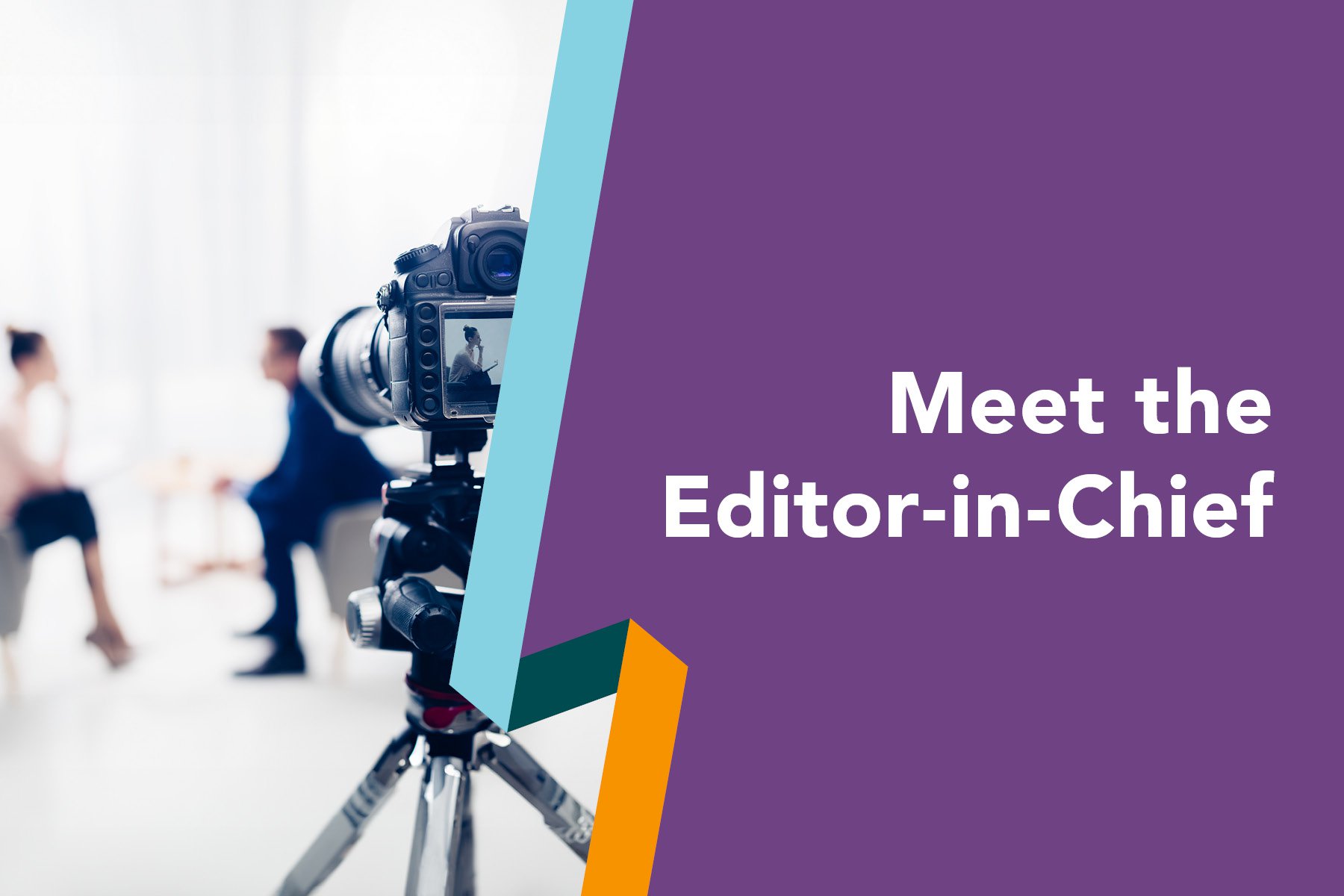How can young researchers or medical doctors find their place in (medical) history? We talked with Heinrich Taegtmeyer, Professor of Medicine at McGovern Medical School, the University of Texas Health Science Center at Houston, and Associate Editor of Cardiology journal (since 1993).
Prof. Taegtmeyer has authored or co-authored 330 peer-reviewed papers, edited three textbooks, supervised a large number of medical and graduate students, residents, postdoctoral and cardiology fellows. His laboratory is funded by the National Institute of Health (NIH) since 1976. Here are his tips:
1. Associate yourself with the best possible teachers you can find.
Your successes in exams cannot replace a good teacher motivating you to think and to work independently, but remember this: while we stand on the shoulders of giants, we also stand on the shoulders of those who trust and support us.
2. Know yourself
The hardest thing in life is knowing yourself. Benjamin Franklin is supposed to have said once: “The three hardest things in life are steel, diamonds, and knowing yourself.” Like any success in life, knowing yourself is always work in progress.
3. Dare to be different
Once you think you have found your calling, dare to be different and follow your instincts.
4. Serve in many different ways
In the clinical world serving means first and foremost caring for your patients, most often as part of a team and accompanied by students. The main goals are to assess the facts, inform and protect the patient. In the world of research serving means to follow the scientific method, share your expertise, and lead a team. For a more experienced investigator, this may also mean serving as a reviewer of scientific manuscripts, reviewer of research proposals, and teaching a course. I like to joke: Never decline to serve on a Study Section (the main body that reviews research grant applications) because the National Institute of Health (NIH) and the entire peer review system have supported my own research for more than four decades through competitively reviewed grants.
We thank Dr. Prof. Heinrich Taegtmeyer for his valuable insights. Read the interview with him about a special series in the journal Cardiology.






Comments
Share your opinion with us and leave a comment below!